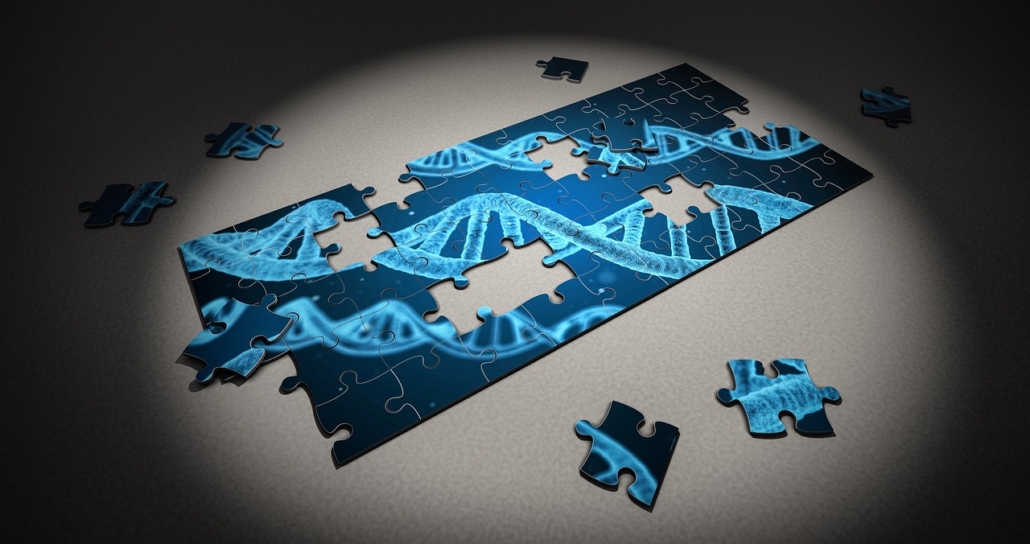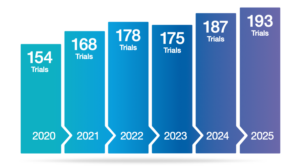
Promising viral gene therapy for genetic kidney disease
British researchers have proven that a new gene can prevent progression of hereditary kidney damage in mice.
UK resesearchers have engineered an adeno-associated virus vector to treat the heriditary steroid-resistant nephrotic syndrome in children, which is caused by a defect in the podocin-encoding NPHS2 gene. Their experiments provide a proof-of-concept that gene therapies could offer a badly needed treatment option for patients with kidney syndromes linked to single mutations. Some of these patients are children with genetic mutations that damage the kidney’s podocyte cells and impair the organs’ ability to filter fluids. Furthermore, a portion of these children don’t respond to steroid treatments and progress to end-stage kidney disease, leaving them with few options besides kidney transplantation.
To address the lack of targeted therapies, Wen Ding and colleagues from University of Bristol investigated whether they could use a viral vector to repair mutations to NPHS2, the most common cause of genetic kidney syndromes in children. Firstly, they demonstrated the effectiveness of adeno-associated virus (AAV)-LK03 at transducing human podocytes in vitro. They then developed an AAV-based gene therapy to treat NPHS2 mutations using a minimal human nephrin promoter and tested it using AAV serotype 2/9, which can transduce murine podocytes, in two different mouse models of disease. In both models, the therapy improved markers of kidney function, such as creatinine and albumin levels in serum, and extended survival in the animals. Notably, the treatment worked both when given prophylactically and when administered two weeks after the onset of symptoms.
Treatment before induction of disease and after disease onset reduced albuminuria in nephrotic mice, providing proof-of-concept that gene therapy might be a viable treatment strategy for patients with monogenic causes of nephrotic syndrome. Although there are many challenges to be overcome before this work can be translated to humans, including refining the cell-specific targeting of the vector to the podocyte, this work demonstrates a first step towards adeno-associated vector gene therapy targeting monogenic diseases of the podocyte, commented Ding.




 Tetraneuron SL - Álvaro García
Tetraneuron SL - Álvaro García